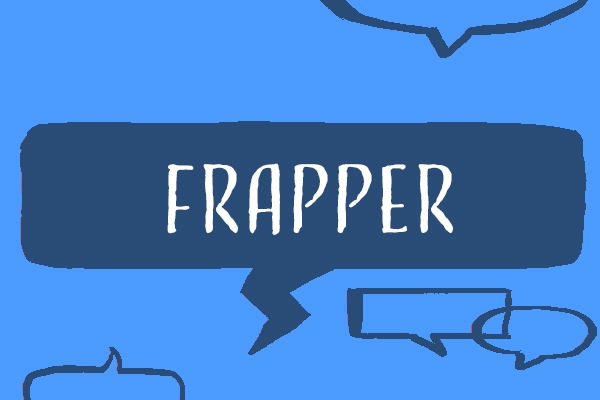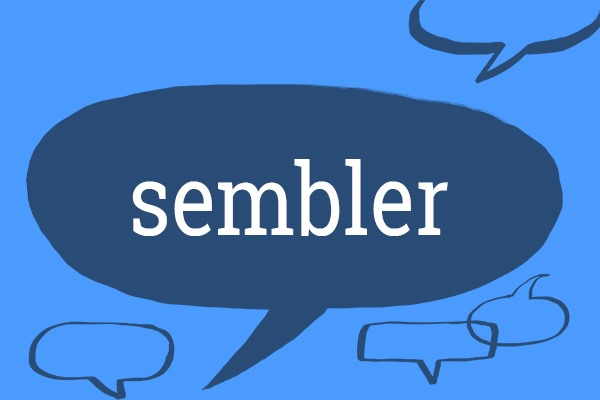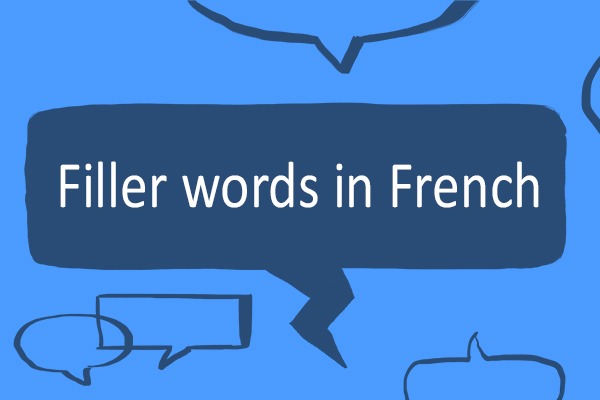We’re going to continue with our French word of the week series by taking a look at the word frapper. Click the icon below to hear its pronunciation:
Frapper is a verb, and it follows the same conjugation pattern as other common -er verbs in French. Its main meaning is to hit or to strike – it may be used literally…:
Il m’a frappé au visage. He hit me in the face.
Le jeune homme frappa son père. The young man struck his father.
Une météorite a frappé la Terre. A meteorite struck the Earth.
…or it can be used figuratively:
Son air fatigué m’a frappé. I was struck by how tired he looked.
L’industrie a été frappée par la récession. The industry has been hit by the recession.
Le malheur a frappé. Disaster struck.
Un puissant tremblement de terre a frappé l’île. A powerful earthquake hit the island.
Another common translation of frapper is to knock:
frapper à la porte/fenêtre to knock the door/window
« Frappez avant d’entrer. » “Knock before entering”.
Frapper is often used to describe hitting something or someone with your hand, but you can also use frapper to describe a blow with your foot. The verb is often followed up by prepositional phrases that can change how the verb is translated in English – for example:
frapper dans ses mains to clap one’s hands
frapper du pied to tap/stamp one’s foot
Il frappait du poing sur la table. He was banging his fist on the table.
Le footballeur a frappé au but. The footballer shot at goal.
There is also a reflexive form of the verb, se frapper, which is translated in our online dictionary as to get worked up – the phrase se frapper la poitrine literally means to beat one’s breast.
Several idioms in French feature the verb frapper, too – for example:
frapper à la bonne porte to come to the right place (literally to knock on the right door)
frapper l’imagination de quelqu’un to capture someone’s imagination
frapper d’estoc et de taille to give it one’s all (literally to cut and thrust)
You’ve come to the right place – vous avez frappé à la bonne porte – to find out more about French vocabulary and usage. We hope you come back next time to learn what our next French word of the week will be.
Written by Gina Macleod, language content editor.
All opinions expressed on this blog are those of the individual writers, and do not necessarily reflect the opinions or policies of Collins, or its parent company, HarperCollins.



